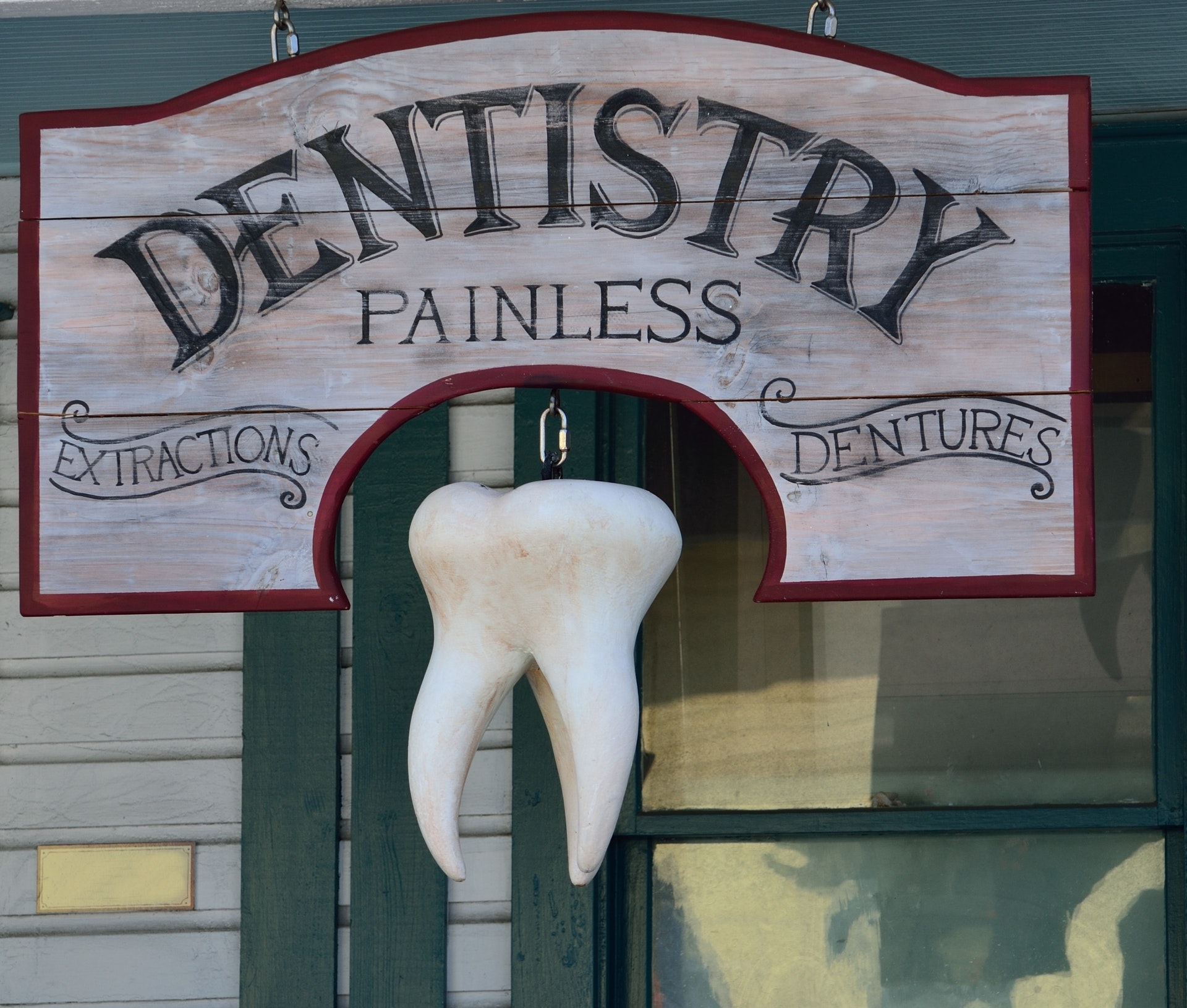Health care institutions of the US are represented by various associations. Many health care clinics are privately owned, and only 21% of them belong to the government. As reported by the world health organization, the US is the leader of the world’s spend on health care in comparison to any other country in the world. The US healthcare system stands out among other progressive countries of the world. It is one of the rare countries, which doesn’t have a universal health care system. Additionally, the US has no universal health care insurance, and they recently enacted regulation, making health care coverage mandatory for almost every citizen.
A high price is one of the main reasons why most Americans find it troublesome to access a decent health service. Those who have a relatively low income have declared that they prefer not to:
- visit a doctor when they feel sick
- get a test when recommended
- have a routine dental checkup
- fill a prescription
A health maintenance organization now requires anyone to select a PCP – primary care provider – a physician who practices general medicine and will be a gatekeeper for the patient. As a rule, they are the first to be visited in case of an undiagnosed disease and in order to get further instructions. They collect primary symptoms, provide a physical examination and treat common illnesses. In case of a serious disease, they direct the patient to a certain specialist and provide the list of necessary procedures to follow (e.g.: blood tests, scannings, etc.). After all necessary data is collected, the PCP comes up with a diagnosis and recommendations on treatment, diet, and general patient’s habits for correction.
Before You Start Any Health Care Plan
Before you choose any program, take your time to read the policy description and pay attention to the details. Don’t hesitate to ask as many questions as possible, until you clearly understand your coverage.
Ask your agent the following questions:
- Can I select any doctor, pharmacy or hospital for my personal preference?
- Does the plan cover 100% of all my prescribed medication?
- Does the insurance cover dentists’, dermatologists’ and eye doctors’ services?
- According to my plan, are special conditions covered (e.g.: psychiatric care, physical therapy or pregnancy)?
- Is home care covered by this insurance plan?
- Do I have to make any co-payments?
- Are there any disputes about bills and services? How are they regulated?
- What is the maximum sum I have to pay to cover costs out of pocket?
- What is the percentage of deductibles?
N.B.: Deductibles mean a certain amount of money a patient pays before the insurance company pays their claim. Do not confuse deductibles with co-payments. These are the payments you make when you get a prescription or receive medical services.
Which Health Insurance Plan to Choose
Below the most popular insurance programs. At first glance, their names may seem to be an alphabet soup, but after a few minutes of analysis, you will realize the main differences between them and the essential benefits of each plan.
HMO
Health Maintenance Organization plans offer a wide choice of services for patients. You are likely to be insured for a wide range of health services as compared to other coverage plans. As soon as you subscribe to their services, you will have to choose a Primary Care Physician (PCP), who will generally take care of your treatment and prescriptions. Other specialists are available only after receiving a referral from your PCP.
Generally, those who opt for this kind of insurance, have lower expenses and minimal co-payments. You are not obliged to submit your own claims to the insurance company. Please note you will not receive coverage if you use services of an out-of-network professional or if you get any service without your physician’s recommendation.
PPO
Preferred Provider Organization plan is a type of insurance with “preferred” providers within your location. They will not obligate you to choose a PCP and you will not need a referral for seeing a specialist. Here you will only have to pay a certain amount of a total bill according to your plan. In case you visit a specialist out of the recommended network, you will pay a larger part of your final bill than you would have to pay if you visited a preferred doctor in your network. But still, a certain percentage of your expenses will be covered. Co-payments for services generally vary between $10 and $30.
POS
Point of Service is a combination of two plans: HMO and PPO. Here, you will have to get a referral from a physician to receive any special treatment. But, you will get more coverage in case you visit hospitals and doctors within your network. You will, however, be less insured if you get any service form the providers out of your network. You may also have additional co-payments and deductibles on a yearly basis.
EPO
Exclusive Provider Network also has some similarities with PPO and HMO plans. As a rule, EPO is a more flexible plan than an HMO, and it is cheaper than a PPO. When you stick to this type of insurance, keep in mind that you don’t need PCP’s referrals. As with an HMO, you will have to pay out of your own pocket if you choose a doctor who provides services outside of your network. EPO is a great option if you want to see a specialist without a referral from your general physician.
Other Items to Consider
Other specific plans include Long-Term Care service (LTC). This is valuable for older people concerned about potential chronic illnesses.
Catastrophic Health plans are aimed to support people in case of unexpected health issues in case of an emergency.
People with disabilities can take advantage of special government programs to get help with their health needs. These programs differ depending on the location, so it is necessary to consult local officials for more information.




